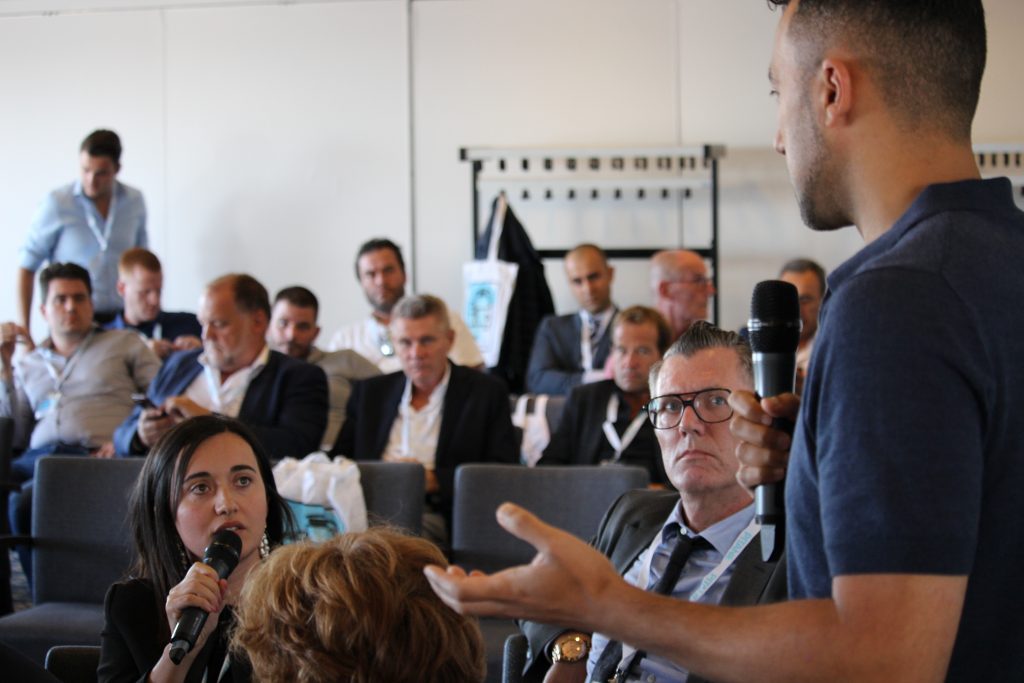Almost half of home workers expect to work from home more often after the corona crisis. This is evident from the research by the Knowledge Institute for Mobility Policy (KiM) among a representative group of Dutch people who visited three times last year questioned. In the measurement of last autumn, homeworkers are slightly more positive about working from home than in the previous measurements. The number of people experiencing physical or psychological complaints as a result of working from home is stable. Workers with an office or management position have a more positive view of working from home than other home workers.
In the past year, many branches in the mobility tree have broken off or have sustained major, often irreparable, damage. All in all, not a good perspective for MaaS developments. The taxi sector and public transport may have been hit hardest. Not surprising because we were driven out of public transport en masse in the last year. KiM research shows that Mobility as a Service is largely seen as an alternative to public transport and is not an answer to the dominance of the car. Scooters and rental bikes, on the other hand, are doing better than ever.
Is there still room for all developments of the MaaS platform or do we have to go back to the drawing board? According to researcher at the Knowledge Institute for Mobility Policy (KiM) Toon Zijlstra, MaaS looks more like an evolution than a revolution for the coming years. The Knowledge Institute for Mobility Policy (KiM) provides knowledge for the mobility policy of the Ministry of Infrastructure and Water Management (IenW). Show Zijlstra studied Urban Design at Avans and at Eindhoven University of Technology. After his studies, he worked at Rijkswaterstaat and the Ministry of Infrastructure and the Environment through the National Trainee program. In 2016 he obtained his PhD at the University of Antwerp for an analysis of the opportunities for the Mobility budget in Flanders. Toon has research experience in the fields of cycling, public transport, parking, choice behavior and data analysis. Within KiM he is mainly involved in projects in the field of commuter traffic, public transport, taxi and aviation.
The city is pre-eminently the place where Mobility-as-a-Service (MaaS) can get off the ground most easily. The trips that travelers arrange with a MaaS app relatively often have incidental business and social-recreational travel motives. This is the conclusion of researchers from the Knowledge Institute for Mobility Policy (KiM) in the study 'Promising trips for MaaS'. They have bundled recent insights from the MaaS research program at KiM in the new brochure 'Mobility-as-a-Service: opportunities and expectations'. According to KiM researchers, the city offers the most fertile breeding ground for a MaaS app, because there is a wide range of public transport and modalities there. The short walking distances to stops and partial modalities make traveling with these public transport and partial services attractive.
Also read: Is MaaS going back to the drawing board after the corona crisis?


